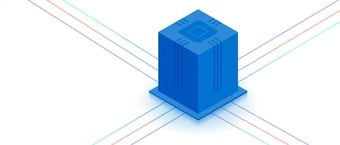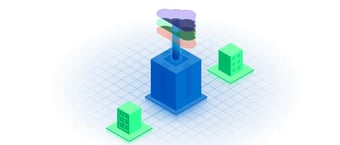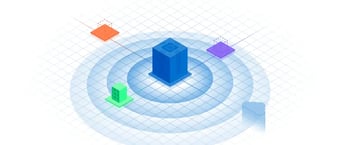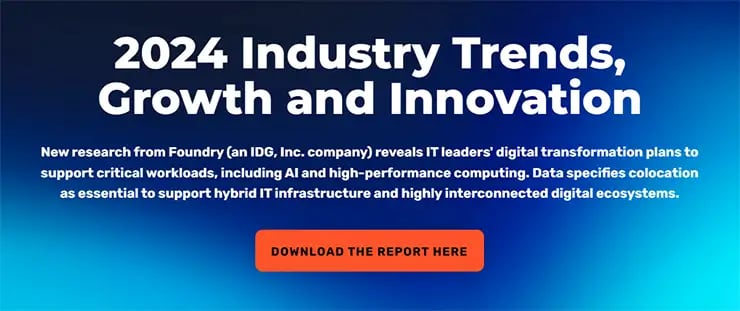Compliance Certifications and Standards
Verified Compliance with Data Center Operations, Security and Reliability Regulations
Ensuring Compliance with a Variety of Data Center Certifications
Compliance is critical when selecting a hybrid IT infrastructure. CoreSite enables customers to meet a broad range of regulatory requirements within our data centers, including SOC 1 Type 2, SOC 2 Type 2, ISO 27001, NIST 800-53, PCI DSS and HIPAA. Our data centers undergo annual assessments by independent auditors, ensuring adherence to processes, employee training, technical operations, incident management, best practices, and security controls.
By partnering with CoreSite, you can trust that your data center provider and your company remain compliant.
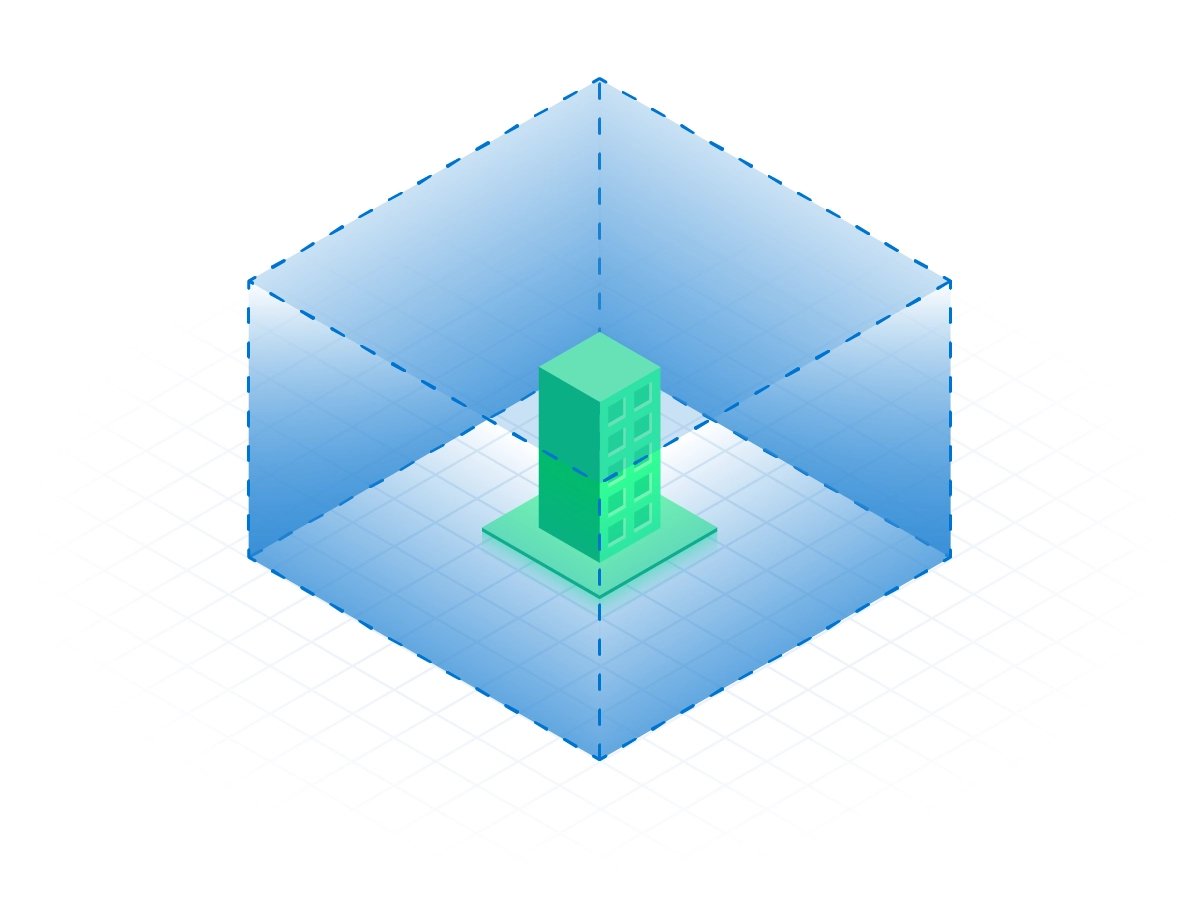
CoreSite Data Center Compliance and Attestation
Simplify data and asset protection while streamlining your compliance process.Each year, an external auditing firm conducts System and Organization Controls (SOC) 1 Type 2 and SOC 2 Type 2 reviews of our data centers. These reports provide assurance of corporate controls, including security and environmental compliance, and validate CoreSite's commitment to maintaining the highest standards in data center operations.
SOC 1 and SOC 2 are attestation standards issued by the American Institute of Certified Public Accountants (AICPA). The SOC 1 report is intended for user entities’ management and auditors, focusing on the effect of a service organization’s controls on financial statement assertions. The SOC 2 report addresses a broader range of users who need to understand internal controls related to security, availability, processing integrity, confidentiality and privacy. CoreSite’s SOC 2 reports include the security and availability Trust Services categories.
CoreSite has achieved the International Organization for Standardization (ISO) and International Electrotechnical Commission (IEC) 27001 certification, which encompasses the processes, policies, and procedures at our corporate office and across all operating data centers. ISO/IEC 27001 is one of the most stringent certifications for information security management system controls. It confirms that we have effective security controls and risk management measures in place to identify, protect, detect, defend and recover from potential information system vulnerabilities. This prestigious, internationally recognized certification reflects our commitment to providing CoreSite customers worldwide with secure, reliable and high-performance data center colocation hosting solutions.
NIST 800-53 is a publication by the National Institute of Standards and Technology, recommending security controls for federal information systems. These standards help federal agencies implement FISMA and manage other programs to protect information and promote information security.
PCI DSS is a comprehensive set of standards requiring merchants and service providers that store, process, or transmit customer payment card data to adhere to strict information security controls. As a provider of data center colocation services, CoreSite proactively meets relevant requirements to support our customers' PCI compliance needs.
This validation asserts that the information security program governing our colocation services implements applicable controls as outlined in the HIPAA Security Rule and the Health Information Technology for Economic and Clinical Health Act (HITECH) Breach Notification requirements.
.png?width=300&name=IMAGE%20(1).png)

